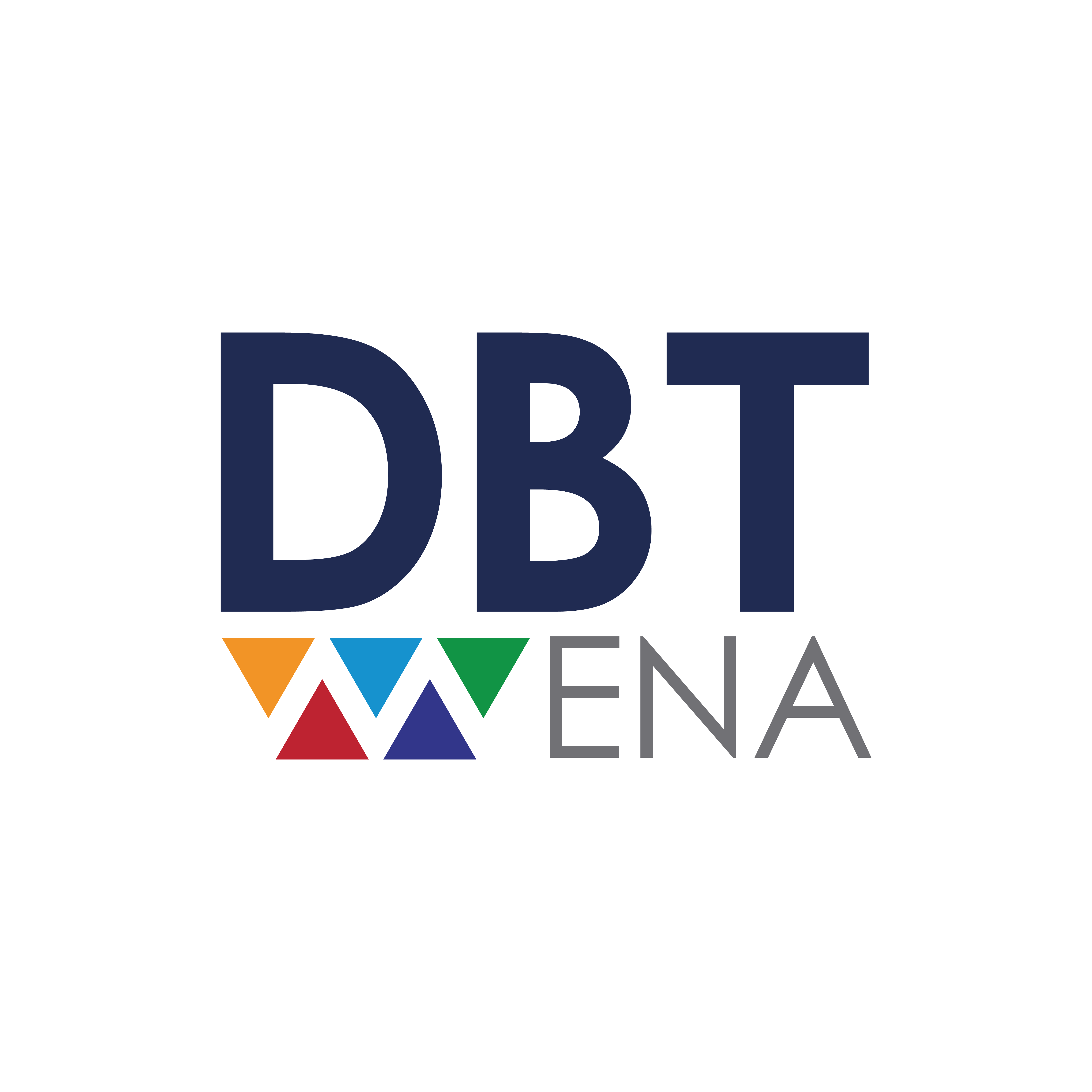
DBT Intensive Training KSA 2024-2025
Course Description
Purpose:
DBT Intensive training is a comprehensive team-based program of study designed to provide teams with the knowledge and skills necessary to provide DBT. It serves as the entry point for clinicians to conduct standard DBT.
Content:
The course includes the foundational theory, conceptualization, structure, strategies, procedures, and protocols of standard DBT. It assists teams with the clinical work of DBT and the establishment of DBT programs.
Length & Schedule:
The length of the course can vary from 6 months to 1 year and includes 60 hours of instructional time. Participants spend 2 separate weeks in training with instructors for a total of 10 days. The 2 weeks are separated by a minimum of 6 months to 1 year.
For Whom:
Intensive training is intended for teams of mental health providers who are interested in implementing DBT programs with a high level of fidelity to evidence-based models.
Core Description:
Since its initial development in the 1980s, DBT has been shown to be effective for an array of problems related to emotion dysregulation. We know severe emotion regulation difficulties result in persons facing multiple problems across many areas of life and that these problems manifest in a variety of ways. The principles of DBT were specifically designed for cases which often present therapists with novel challenges. One of the benefits of a principle-based treatment is that it can be versatile enough to accommodate the specific situations, cultures, and contexts of the persons it serves. DBT has been studied and implemented in multiple countries across the globe.
DBT Intensive Training focuses on both the establishment of comprehensive DBT programs and the clinical skills necessary to provide the treatment to persons with complex mental health problems. Intensive training in DBT includes 4 hours of content specific to risk assessment, management, and treatment of suicidal behaviors.
The program is divided into 2 main parts that are designed to guide teams to accomplish four phases of DBT program implementation in a single program of study.
Part 1 (Foundational; 30 instructional hours)
⦁ Preparation – self-directed readings and discussions
⦁ Knowledge Acquisition – instructor-led training
Part 2 (Practice Improvement & Sustainability; 30 instructional hours)
⦁ Implementation – completion of assigned homework, establishment of DBT program, and clinical case work
⦁ Practice Improvement & Sustainability – instructor-led consultation regarding programs, teams, and clinical work
In the Knowledge Acquisition segment of Part 1, lectures, demonstrations of treatment, and small group exercises are used to teach DBT theory and strategies in-depth. In the Implementation phase of the training that happens upon conclusion of Part 1, participants consolidate and apply what they have learned with the help of practice assignments that are intended to guide the implementation process. Teams design and begin to implement their own DBT programs or to integrate DBT into an ongoing treatment setting. Based on their work in the implementation phase of the training, each team receives expert consultation on specific cases and on their program in the Practice Improvement & Sustainability segment of Part 2, including protocols for specific treatment problems and adaptations of DBT.
Before reconvening for the final 20 modules of Practice Improvement & Sustainability: Practice in Crisis Intervention
During the implementation (homework) phase of the training, each team meets with one of the trainers to practice crisis intervention according to provided guidelines.
Practice Improvement & Sustainability
Part 2 of DBT Intensive Training involves a series of tasks in the service of implementing DBT programs and clinical work. Structured didactic training shifts primarily to consultation directed at the specific needs of the teams in training while addressing training targets and advanced topics. The Practice Improvement & Sustainability segment focuses on team-based consultation & advanced topics. Each team receives focused consultation from the trainers that is observed by all participants, and each consultation is followed by a discussion among the full group of participants. While the team has an opportunity to have its specific questions addressed by DBT experts, it is expected that the observation and discussion among the whole group will result in sharpening the assessment and intervention skills of all participants, and that vicarious learning will occur that will generalize across teams and programs. Consultations are based on program and team development documents and a case formulation that is prepared by each team. Trainers use the information from these documents, a knowledge exam, and the consultations that occur across Part 2 to assess the needs of trainees and weave advanced topics into the discussions of the consultations. The final module engages teams in a series of exercises designed to solidify their learning and to strategize ways to keep their learning vibrant over time.
Course Info
- Start Course: Part 1: 9/5/2025 - Part 2: 4/11/2025
- Duration: 10 - 12 Months
- Prerequisites: No
- Skill Level: advanced

Faris Abdullah Alfadhel
Very excited about the program ..